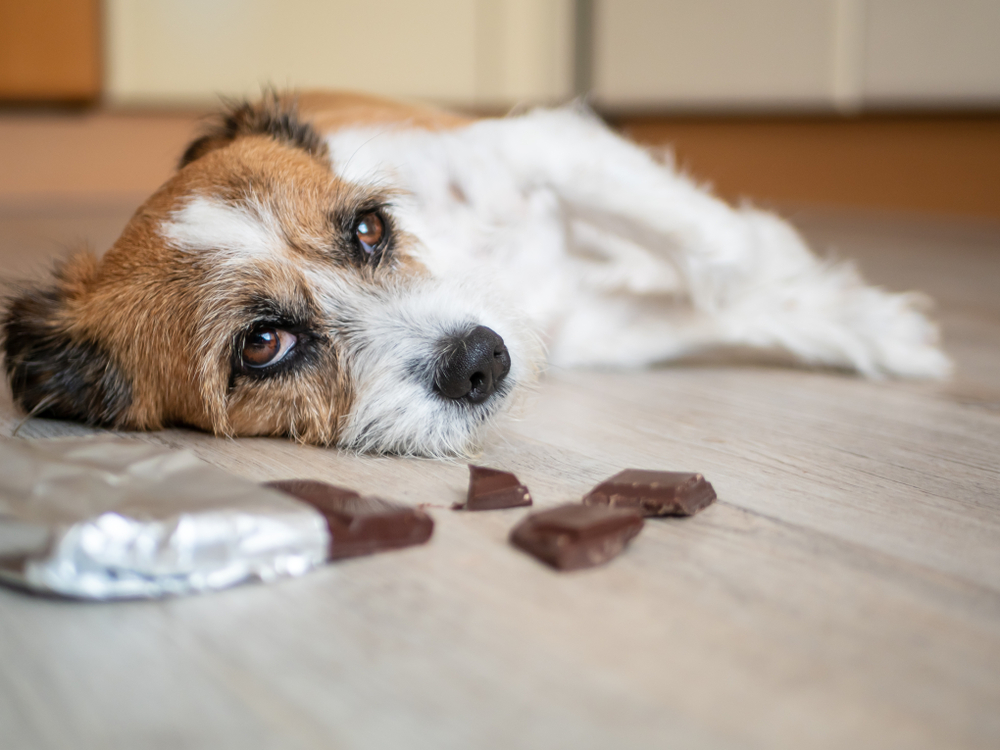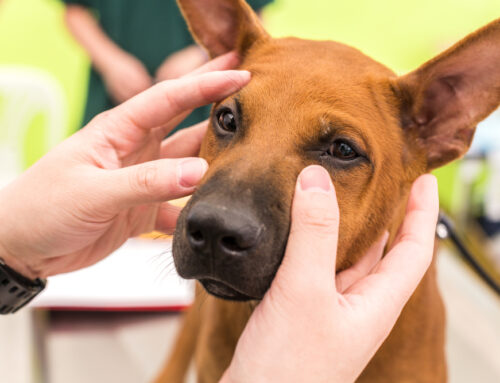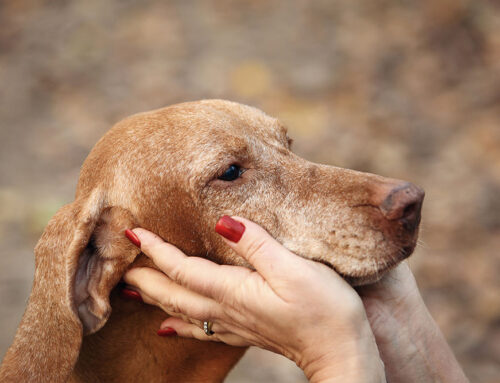When you consider items that can harm your pet, you may think of cars, aggressive animals, or mishaps that lead to injury. However, many everyday household items pose serious risks to your furry friend. From cleaning products to certain foods, numerous household products can harm pets if they ingest, inhale, or come in contact with these toxins, including things you might consider innocent. Our Central Kentucky Veterinary Center team uncovers these potential dangers and how you can pet-proof your home to keep your four-legged friend safe.
Chemical contraband: Cleaning products that are toxic to pets
While you use cleaning products to keep your home tidy and germ-free, many chemicals are toxic to pets. Common household cleaners are often dangerous to pets if they come into contact with or ingest them. The following cleaning ingredients are hazardous to cats and dogs:
- Bleach
- Ammonia
- Carpet fresheners
- Carpet cleaners
- Fabric softener sheets
- Toilet bowl tablets
- Oven cleaners
- Products containing formaldehyde or glycol ethers
Certain disinfectants and cleaning products can irritate a pet’s skin, eyes, and respiratory system if they come into contact with them. If your cat or dog ingests these chemicals, they can experience severe health problems, including gastrointestinal (GI) distress, organ damage, and poisoning. Store cleaning products securely out of your pet’s reach and use proper ventilation when using them. Rather than cleaning with harsh household chemicals, consider using baking soda, lemon, and distilled vinegar, which are eco- and pet-friendly choices.
Pharma danger zone: Human medications and pets
Many medications that are safe for people can be harmful to pets. If your pet ingests painkillers, antidepressants, or over-the-counter (OTC) medicines, such as acetaminophen and ibuprofen, these drugs can cause several health issues, including liver failure, kidney damage, and GI bleeding. Seemingly harmless medications, such as vitamins and supplements, can be dangerous if your cat or dog consumes a large quantity. Always store medications securely and never administer any medication to your pet without consulting our team.
Not so fast: Foods that are toxic to pets
Of course, you want to give your adorable pet a treat from time to time. However, some foods that are perfectly safe for you can be toxic to your pet. Before you give in to your pet’s sad-eyed begging, remember that your furry pal shouldn’t eat these toxic foods:
- Chocolate
- Macadamia nuts
- Onions and garlic
- Moldy foods
- Bread yeast
- Alcohol
- Avocado
- Grapes and raisins
- Xylitol (i.e., sugar substitute)
Pretty yet poisonous: Plants and flowers that are toxic to pets
Many common household plants and flowers can poison your pet if they ingest them. Examples include:
- Lilies
- Azaleas
- Rhododendrons
- Philodendrons
- Autumn crocus
- Yew
- Sago palm
- Oleander
- Tulip and daffodil bulbs
Before you bring home any plants or flowers, do some research to ensure they’re safe for your pet. Always keep toxic plants out of your cat’s or dog’s reach or opt for pet-safe alternatives. Check out the American Society for the Prevention of Cruelty to Animals (ASPCA) guide to toxic and non-toxic plants to determine which plants are safe to have around your pet.
Pest problems: Rodenticide and pesticide are poisonous to pets
Rodenticides and pesticides are commonly used to control pests in and around the home, but they can be just as fatal to your pet as they are to rodents and insects. These pest products often contain potent chemicals that can cause internal bleeding, seizures, and other serious health issues in pets and wildlife. To protect your furry pal and other animals, use pet-safe alternatives to control pests whenever possible.
Tiny troubles: Small objects and pets

Pets are curious about everything they encounter on the floor or table. Cats love to bat around small objects, while dogs try to see if these items are edible. Small objects may not be poisonous, but they can cause pets to choke or develop an internal obstruction. Avoid leaving out any of these common choking hazards:
- Batteries
- Small toys
- Coins
- Buttons
- Keys
- Marbles
- Rubber bands
- Hair ties
- Deflated balloons
- Paperclips
By being aware of the potential dangers posed by common household toxins and preventing your furry pal’s exposure, you can help keep your pet happy and healthy. Contact our Central Kentucky Veterinary Center team if you suspect your pet has ingested something toxic or dangerous, as prompt treatment can make all the difference in their recovery.







Leave A Comment